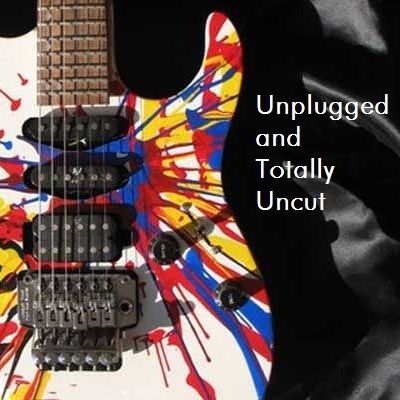Eyal Press ReleasesThe Book Dirty Work

Descarga y escucha en cualquier lugar
Descarga tus episodios favoritos y disfrútalos, ¡dondequiera que estés! Regístrate o inicia sesión ahora para acceder a la escucha sin conexión.
Descripción
In Dirty Work: Essential Jobs and the Hidden Toll of Inequality in America (Farrar, Straus and Giroux on August 17, 2021), New Yorker contributor Eyal Press profiles dozens of workers...
mostra másThe COVID-19 pandemic has drawn unprecedented attention to essential workers, and to the health and safety risks to which workers in the Florida prisons and slaughterhouses are exposed. Other jobs highlighted include drone pilots who carry out targeted assassinations, Google site engineers developing artificial intelligence, oil rig workers and much more. Dirty Work examines a less familiar set of occupational hazards: psychological and emotional hardships such as stigma, shame, PTSD, and moral injury. These burdens fall disproportionately on low-income workers, undocumented immigrants, women, and people of color.
As Press explores many different examples of dirty work, certain commonalities begin to emerge:
Inequality: workers often feel trapped in occupations by economic circumstances, even though their work produces enormous profits for their employers. Unequal distribution of dirty work therefore becomes yet another symptom of economic inequality, allowing more fortunate Americans to occupy more socially respected professions.
"Moral injury" or the psychological or even spiritual cost of transgressing one's own sense of morality.
“The invisible class” also suffers from invisible wounds from America’s status quo. For example, progressive-minded individuals may look down on slaughterhouse workers, but it does not stop many from consuming meat.
In each case, Press finds the desire for lower “costs” including cheaper consumer prices, fewer American casualties in foreign wars, less government spending, etc. has led to the exploitation of these workers. Press explains, when abuses have been exposed, such as the crowded, unsanitary conditions that led to the rampant spread of Covid-19 among slaughterhouse workers, Americans have been led to believe “the key moral failures rested with a few reckless individuals, rather than with the system in which they worked.”
Dirty Work is full of gut-wrenching scenes, including a congressional hearing about the Deepwater Horizon oil rig explosion in which politicians expressed more concern about the disaster’s impact on native bird populations than the deaths of 11 oil workers.
Información
| Autor | Arroe Collins |
| Organización | Arroe Collins |
| Página web | - |
| Etiquetas |
Copyright 2024 - Spreaker Inc. an iHeartMedia Company

Comentarios